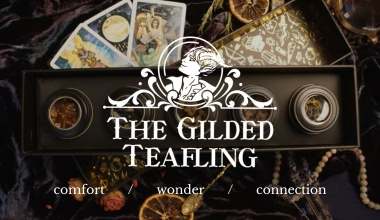I am often the last person to leave the library in the evening. Just before I turn out the lights, I always pause. At the front of the building, a seven-foot statue of Athena Lemnia towers, her sage countenance promising holy mystery. Even if she is only plaster, as the patron goddess of this place she is owed the final words uttered here every evening.
“Good night, library. Good night, Athena.”
I may be a librarian by trade, but I often joke that I have fulfilled my childhood dream of becoming a temple priestess. That’s because the Providence Athenæum in Providence, Rhode Island, is not only a working library but also a temple to wisdom, to history, and to the enchantment one finds tucked between pages. Founded in 1836 and residing in its Greek Revival home since 1838, the Athenæum has led a remarkable life. It has seen many illustrious visitors come and go in its nearly 200 years; it has appeared in books and films, had its artworks stolen and recovered, witnessed tragic romance and heartbreak, and become a fixture of local legends.
Visitors to the Athenæum can feel the library’s secrets the minute they walk in the door. Despite its classical edifice, the library is cozy inside, full of dust and homey old armchairs that squeak when you plop down into them. The library ladders are meant for climbing, and the mezzanine floors creak comfortably. The reading room is lit up with fairy lights. We welcome canine visitors in the library, and you can often find a patron’s pup snoozing on one of the wool rugs while their human reads the newspaper. Upstairs, the desks in the alcoves are full of little poems and love notes written and left there by decades’ worth of visitors. I love to catch our visitors leafing through them and, occasionally, adding their own scraps to the collection.
Then there’s the books. On the shelves of the Athenæum, along with all the latest mystery novels (charmingly labeled “Detectives” in the stacks), one will find flaking red leather tomes dating back to the mid-19th century. There are beautiful green books on botany with gold embossing on their spines, and dusty tomes by travelers to distant lands. In the card catalog, handwritten cards prompt wild goose chases in the stacks. The musty, sweet scent of old books is so thick in the library that my spouse can smell it in my hair when I come home each night.
I’m often asked by visitors to the Athenæum whether the library is haunted, and I have no simple answer for them. I may never have seen a ghost in this place, but the library is full of echoes. Every day I hear the spectral steps of Ralph Waldo
Emerson, Bronson Alcott, and Charlotte Perkins Gilman, all of whom spent time in the Athenæum. (According to her journal, Gilman often ate crackers in the library. Tsk tsk!) I hear the echoes of two centuries of bibliophiles, poets, seekers, and romantics who have leafed through these books.
Edgar Allan Poe was one such visitor who left a particularly poignant mark on the Athenæum. Visiting Rhode Island in 1848, he conducted a tragic love affair in the stacks with a local poetess named Sarah Helen Whitman. (Whitman, like Poe, was an ur-goth icon; she wore a tiny wooden coffin charm around her neck on a black silk ribbon.) She called off their engagement at the library, three days before their planned Christmas Day wedding—after Poe broke his promise of sobriety to her. We still have a book in our Special Collections in which Poe dramatically signed his name to impress Whitman on one of their dates in the library. Some say Poe’s ghost can still be seen beating a path along Benefit Street between Whitman’s home and the Athenæum, caught in a loop of doomed courtship forever.
But Poe’s ghost is not the only feature of interest on brick-lined Benefit Street. In front of the library is a Gothic Revival fountain that burbles with cool water, framed with the adage “Come Hither Every One That Thirsteth.” Installed as a public drinking fountain in the 1870s (likely one of the first in the country), this fixture inspires local folklore and botanical offerings alike. A single bloom or autumn leaf often floats poetically in the basin, an anonymous gift of devotion to Athena’s wisdom. I like to think that these votaries have sipped—or at least anointed themselves with—a splash of water from the fountain, ensuring, according to local legend, that they will return to Providence some day. Other variants of the legend hold that imbibers may be cursed by the ghosts of Poe or even H.P. Lovecraft, another local specter, but we’ve seen no evidence for this … yet.
But to speak of curses in such a place seems heretical. The Providence Athenæum is too magical for that. After I say good night to Athena and turn out the lights, I sometimes stop at the fountain and dip my fingers in the cool elixir that burbles forth there. I need no reassurance that I will return to this place again; after all, someone needs to turn the lights back on tomorrow. But these waters—like the stories this building holds, like the perfume of antique books, like the wisdom of Athena herself—soothe a weary temple priestess and inspire her for another day.
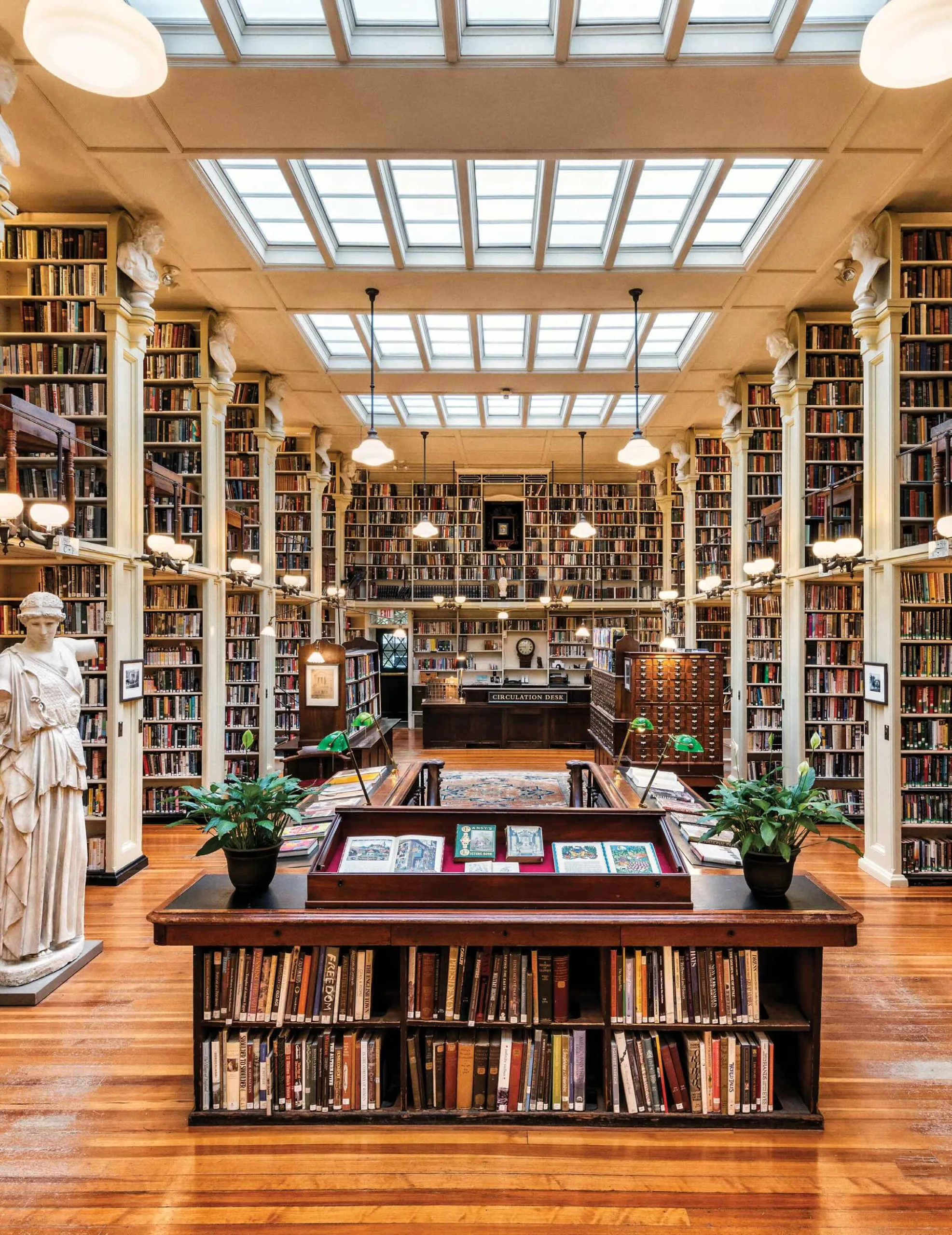










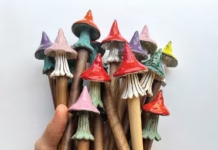
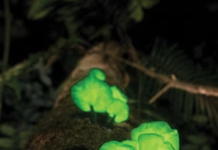
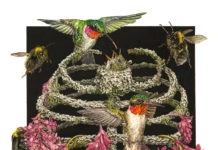



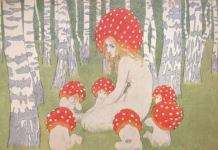
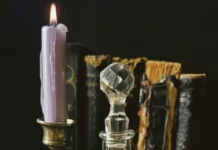


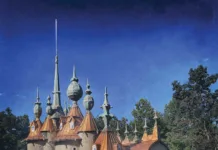






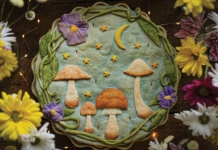
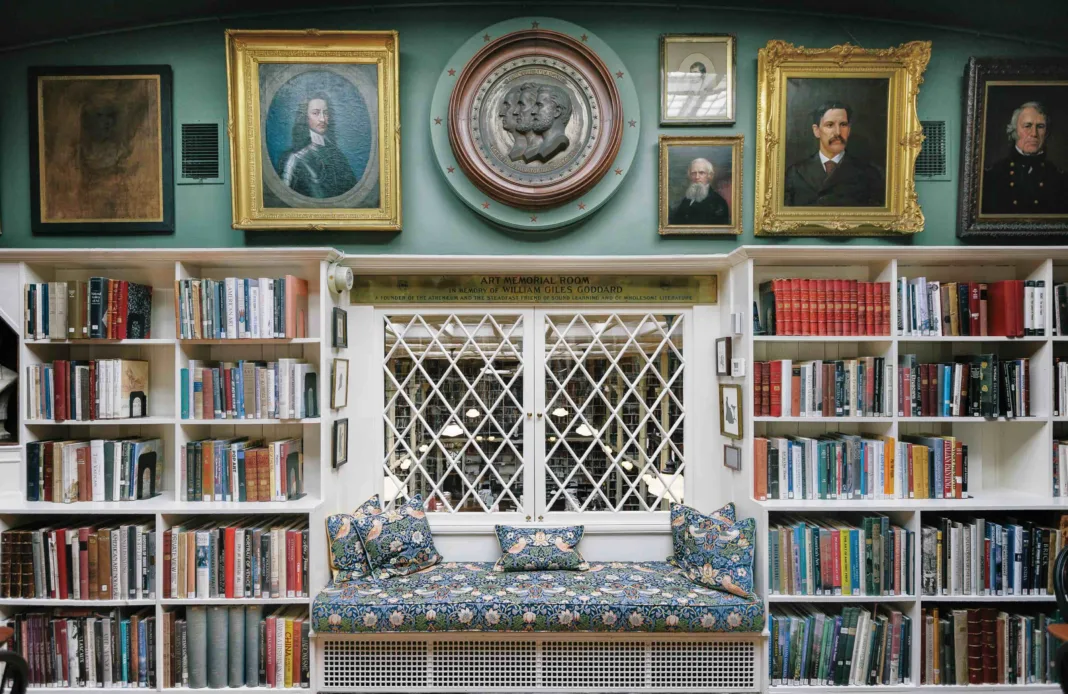
 Enchanted Living is a quarterly print magazine that celebrates all things enchanted.
Enchanted Living is a quarterly print magazine that celebrates all things enchanted. 
